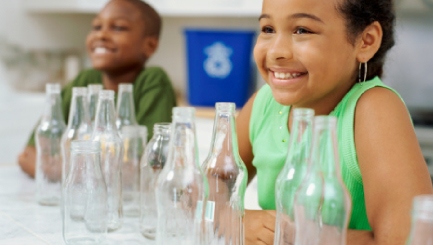
The study took place in the Republic of Seychelles, on the Mahe Island, where local schools and Non-Governmental Organisation-supported wildlife clubs have been working together to provide educational programmes which teach children about the wetlands and local area. The children of the Seychelles are lucky to be following a curriculum which encourages and emphasises the education of environmental concepts. The information that children are learning will be hugely beneficial to them and their local environment.
The children and their parents were all issued with a questionnaire which helped them to ascertain their knowledge on the multiple aspects of their wetland knowledge – for example, the various species that thrive in the area, as well as the dangers and threats they are exposed to. The parents’ questionnaire also posed questions which asked them to include information about their water usage, so as to see how in-depth their understanding of water shortages was. They were scored for sixteen possible behaviours. For the most part, the parents were unaware that the majority of their knowledge actually came via their children.
The study highlighted the need for more quantitative investigations to understand the extent to which children can influence their parents’ behaviour. The more studies that take place, the more we can look into the transfer of knowledge between households and the various scenarios in which this takes place. This will help us to develop more effective and beneficial household practices.
